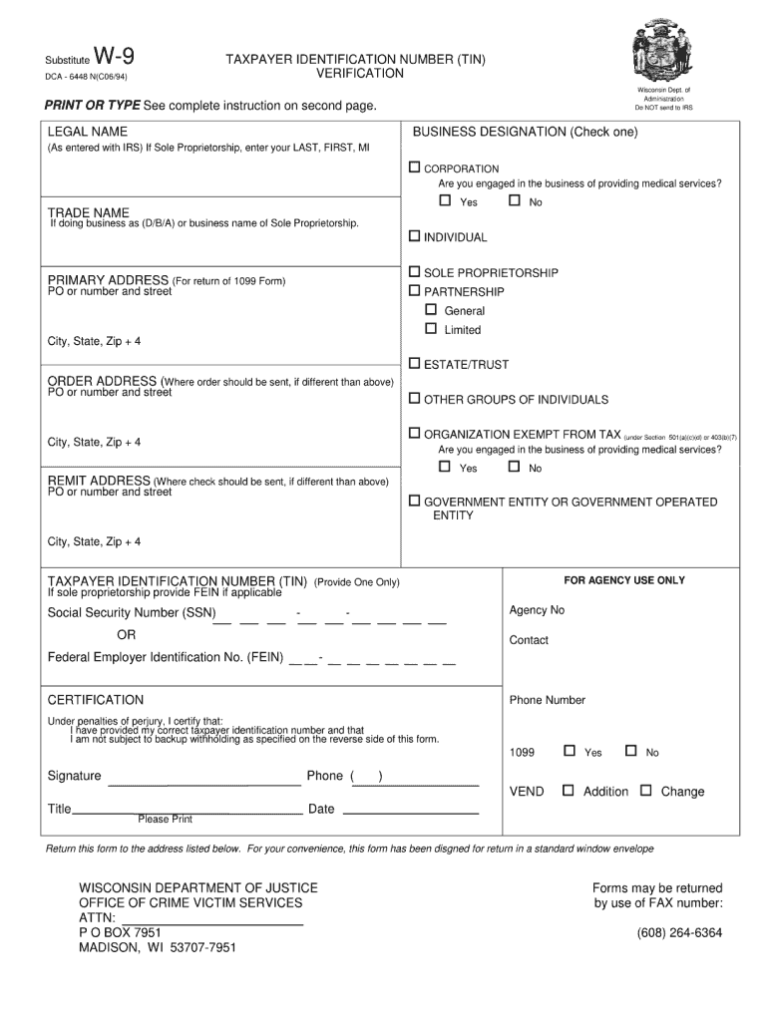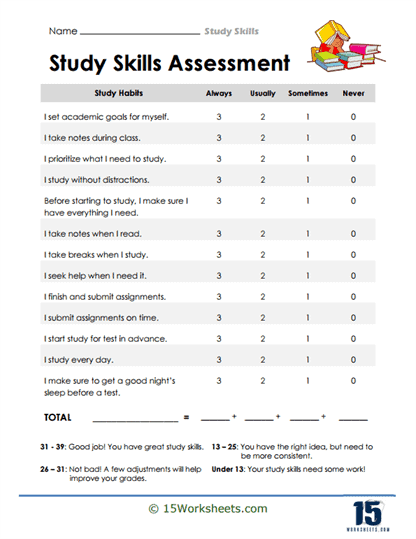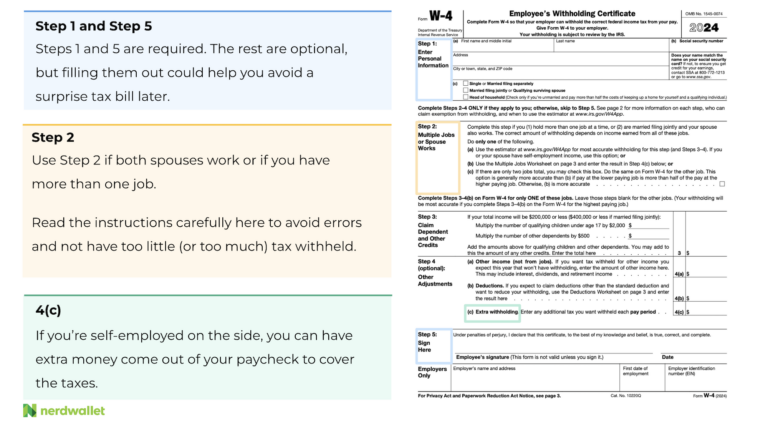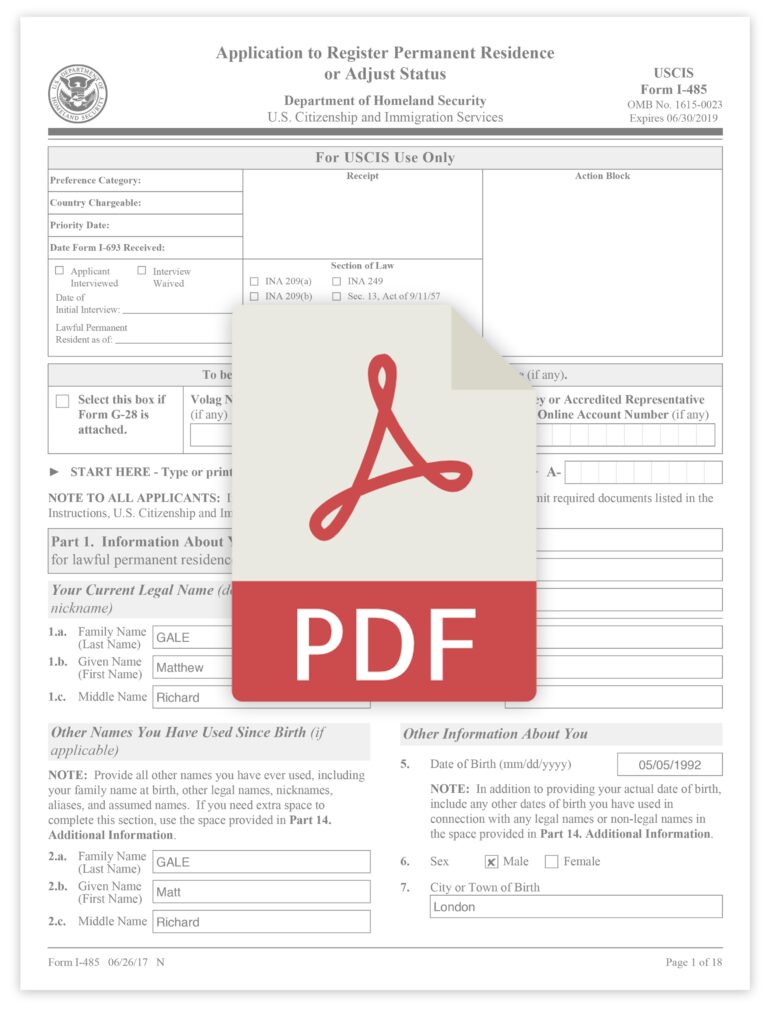Printable List of Foods for Diabetics: A Guide to Healthy Eating
Managing diabetes requires careful attention to blood sugar levels. A balanced diet plays a crucial role in maintaining these levels, and a printable list of foods for diabetics can be an invaluable tool. This guide provides an overview of nutritional considerations for diabetics, food group recommendations, and a comprehensive printable food list to support your dietary needs.
Understanding macronutrient distribution, calorie intake, and the glycemic index is essential for diabetic diets. The recommended food groups include fruits, vegetables, lean protein, whole grains, and healthy fats. Each food group offers specific nutritional benefits, and portion sizes should be tailored to individual needs.
Printable List Of Foods For Diabetics

Yo, check it, fam! If you’re a diabetic, you know that keepin’ your blood sugar in check is a right pain in the bum. But don’t fret, mate! We’ve got your back with this printable list of foods that won’t send your blood sugar sky-high.
Low-GI Foods
Low-GI foods release sugar slowly into your bloodstream, which helps keep your blood sugar levels stable. Here are some top picks:
- Oats
- Wholewheat bread
- Brown rice
- Quinoa
- Legumes
High-Fibre Foods
Fibre helps slow down the absorption of sugar into your bloodstream. Aim for around 30g of fibre a day:
- Fruits and veggies
- Wholegrains
- Legumes
- Nuts and seeds
Lean Protein
Lean protein doesn’t contain any carbs, so it won’t spike your blood sugar. It’s also filling, so you’ll feel fuller for longer:
- Chicken
- Fish
- Tofu
- Beans
- Lentils
Healthy Fats
Healthy fats don’t raise blood sugar levels and can help you feel satisfied:
- Olive oil
- Avocados
- Nuts
- Seeds
FAQ Section
What is the glycemic index?
The glycemic index measures how quickly a food raises blood sugar levels. Foods with a high glycemic index can cause spikes in blood sugar, while those with a low glycemic index provide a more gradual release of glucose.
Why is fiber important for diabetics?
Fiber helps slow down the absorption of sugar into the bloodstream, which can help manage blood sugar levels. It also promotes satiety and can aid in weight management.
Can I eat sweets if I have diabetes?
Occasional treats are generally okay in moderation, but it’s important to monitor your blood sugar levels closely and consider the overall impact on your diet.



